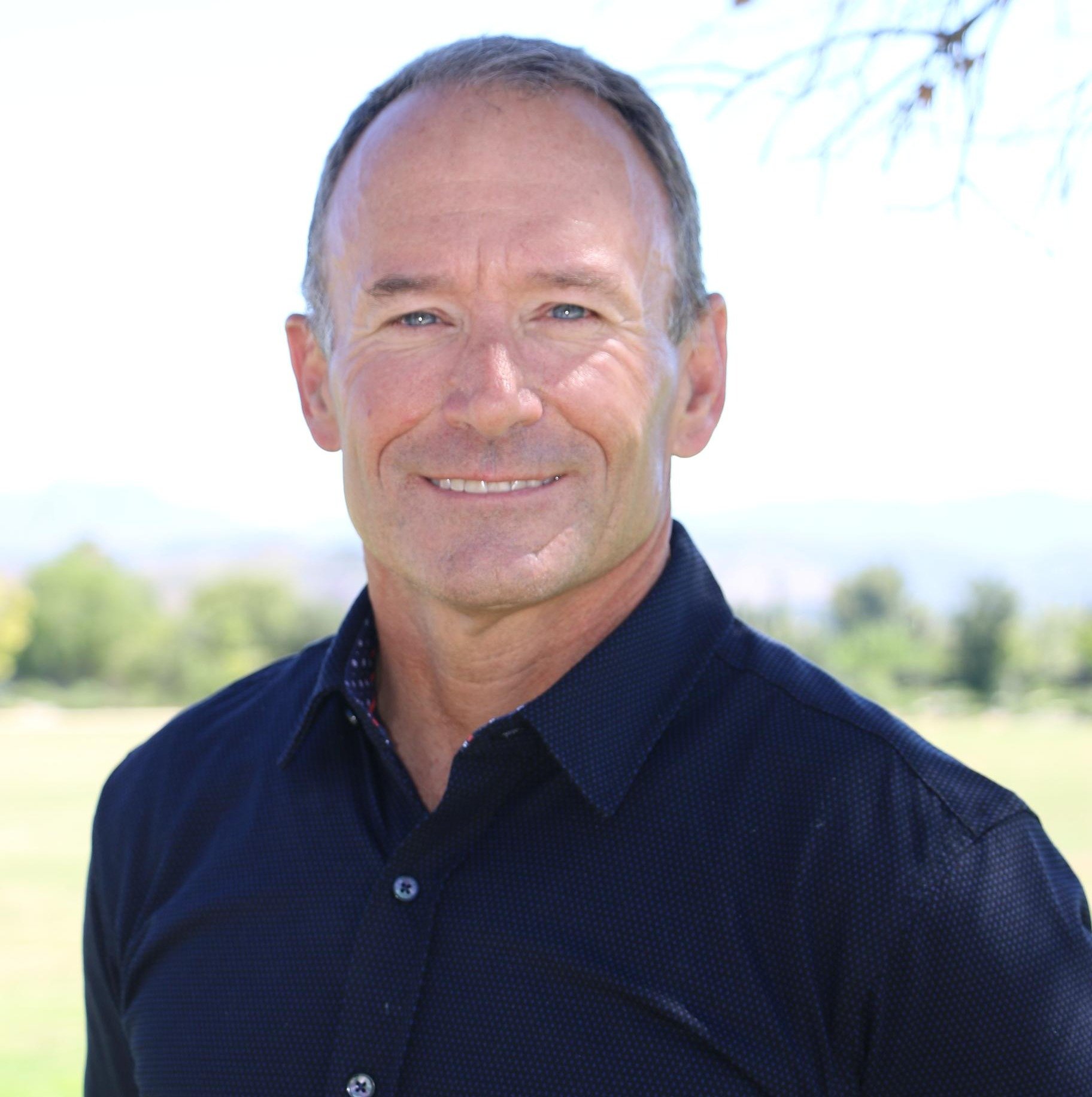
Running a successful business is one of the most difficult things a person can do. Most of us are not experts in all the fields needed to grow a company. Success takes a team. Hiring people that believe in you and your mission, have skill sets that you don’t possess and then trusting them to apply their knowledge and experience to your company is a significant challenge.
In a word, it takes trust.
When you add the necessity of keeping your taxes low and your cash flow and profitability high, a CPA that understands your business, industry and long-term goals becomes paramount. While direct expenses and payroll are two of the largest expenses in running a business, many business owners forget that tax expense is often next on the list (assuming you are profitable and paying tax).
Why don’t more business owners focus on minimizing taxes?
Business owners know their craft but most don’t understand how to best manage their business to take advantage of the tax laws and tax incentives available. Your CPA or tax advisor brings general tax knowledge and expertise, but many times don’t know or understand the tax incentives available to you.
You would never ask your family physician to perform heart surgery on you. You would, however, expect them to identify a heart problem and refer you appropriately. The same perspective applies to your CPA or tax advisor.
Tax law is the largest single body of law in the US and most people don’t realize their personal CPA doesn’t know every word of the Internal Revenue Code (and shouldn’t). This is why CPAs specializing in estate planning, high net worth individuals, partnerships, real estate, state and local taxes, car dealerships and many other specialties.
Enter the Tax Specialist.
When it comes to tax incentives, the specialties get even more specific as experts in specific tax incentives will bring very specific experience and knowledge to the table. A tax expert in cost segregation may well be lost trying to understand how an IC DISC works. An experienced international tax CPA could struggle with how enterprise zone credits or research and development tax credits should be documented and calculated.
How can a Tax Specialist or Tax Advisor help me grow?
Tax incentives exist to help US companies compete both locally and globally. However, not knowing if your company qualifies for an incentive (or two or three) means that you are probably missing out on an opportunity to lower your taxes and increase cash flow for growth and operations.
As an example, a US company that manufactures products (in the US) and exports them out of the US may benefit from an IC DISC, R&D Tax Credit and the DPAD (Domestic Production Activities Deduction). However, if you don’t know what an IC DISC is or how a DPAD works, you are most likely missing out on some significant tax savings and opportunity to use these funds to grow your business. A Tax Specialist ( or specialty tax advisor) can bridge that gap bringing the knowledge you need to help you increase cash flow through lower taxes.
Did you know that simply manufacturing or producing a product in the United States can qualify you for a tax incentive? Or that the new software you just released can generate a tax credit?
How much does it cost you to not work with someone that can monetize tax incentives for you?
At Acena Consulting, we recognize that you have a lot more on your plate than worrying about another tax credit. Our role is to bring strong tax technical knowledge, ability to build efficient processes, and answer the questions you may not know to ask.
We take this concern off your list so you can focus on and grow your core business.
Want to learn more about the magic of our approach?
Let’s get started!



